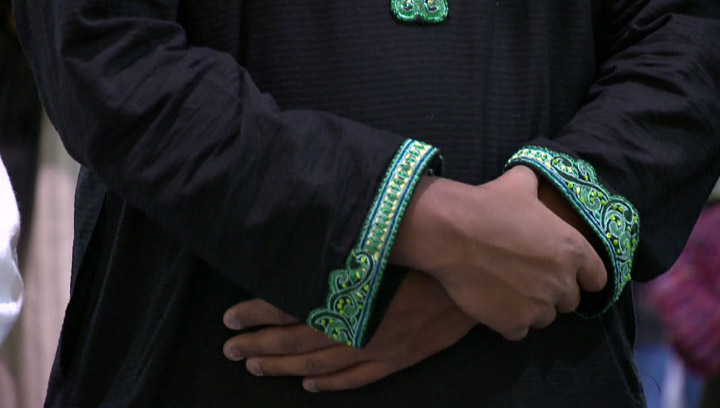SASKATOON – The Saskatchewan Human Rights Commission has dismissed a complaint about a public prayer at a Saskatoon city function. The complaint was made by Ashu Solo after a prayer was made at a 2012 banquet.

“In dismissing this complaint, the Commission had to consider the issue of freedom of conscience with respect to the Supreme Court of Canada’s Saguenay decision,” said David Arnot, chief commissioner of Saskatchewan’s Human Rights Commission.
“This is an important decision because it’s all about the separation of religion and state. We have a Supreme Court Canada decision that says there must be neutrality by the state in respect to the separate of religion and state.”
In Saguenay, the Supreme Court stated that state actions cannot interfere with freedom of religion, and interference occurs when a citizen is not able to act in accordance with their beliefs.
The court found there are two criteria that must be met to find that interference has happened: the complainant has sincerely held beliefs and the interference must not be trivial or insubstantial.
“In order to maintain neutrality and to make sure that all people feel that they belong and they are included in Canadian society, the Supreme Court of Canada says that the best way to do that is not to have prayers commencing the business meeting of a city council,” said Arnot.
Solo, who is an atheist, stated that the prayer made by Coun. Randy Donauer at the April 18, 2012 volunteer appreciation banquet violated his rights under the province’s Human Rights Code. In his complaint, Solo said the prayer violates separation of church and state.
READ MORE: Solo proposes compromise in prayer complaint
- Roll Up To Win? Tim Hortons says $55K boat win email was ‘human error’
- Bird flu risk to humans an ‘enormous concern,’ WHO says. Here’s what to know
- Halifax homeless encampment hits double capacity, officials mull next step
- Ontario premier calls cost of gas ‘absolutely disgusting,’ raises price-gouging concerns
The commission found the interference alleged by Solo didn’t meet the test.
“The prayer offered at the volunteer appreciation banquet may have been contrary to the need for separation of religion and state as described by the Supreme Court, but the interference did not meet the threshold of the Court’s test,” said Arnot.
The city has since decided not to adopt a prayer policy at civic events.
READ MORE: Prayer allowed at civic events in Saskatoon
Arnot stated that although the city has taken this step, it does not mean that prayer or spiritual ceremonies can never be part of municipal functions as long as such practice doesn’t violate the Human Rights Code.
“The prayers is important, it’s a vital part of all religions. However, there is a right time and place for prayer and you can’t have a prayer that accommodates all people and all religions. The Supreme Court of Canada says that the best way to deal with that is to not have a prayers at all,” said Arnot.
He also stated that it can’t favour one religion or belief system over others and religious practices should not typically or regularly be incorporated into core functions of government or municipal social events.
Arnot said he took the unusual step of releasing the dismissal due to the media attention the case has garnered, to facilitate the commission’s public education mandate and the need to clarify the public record.


Comments